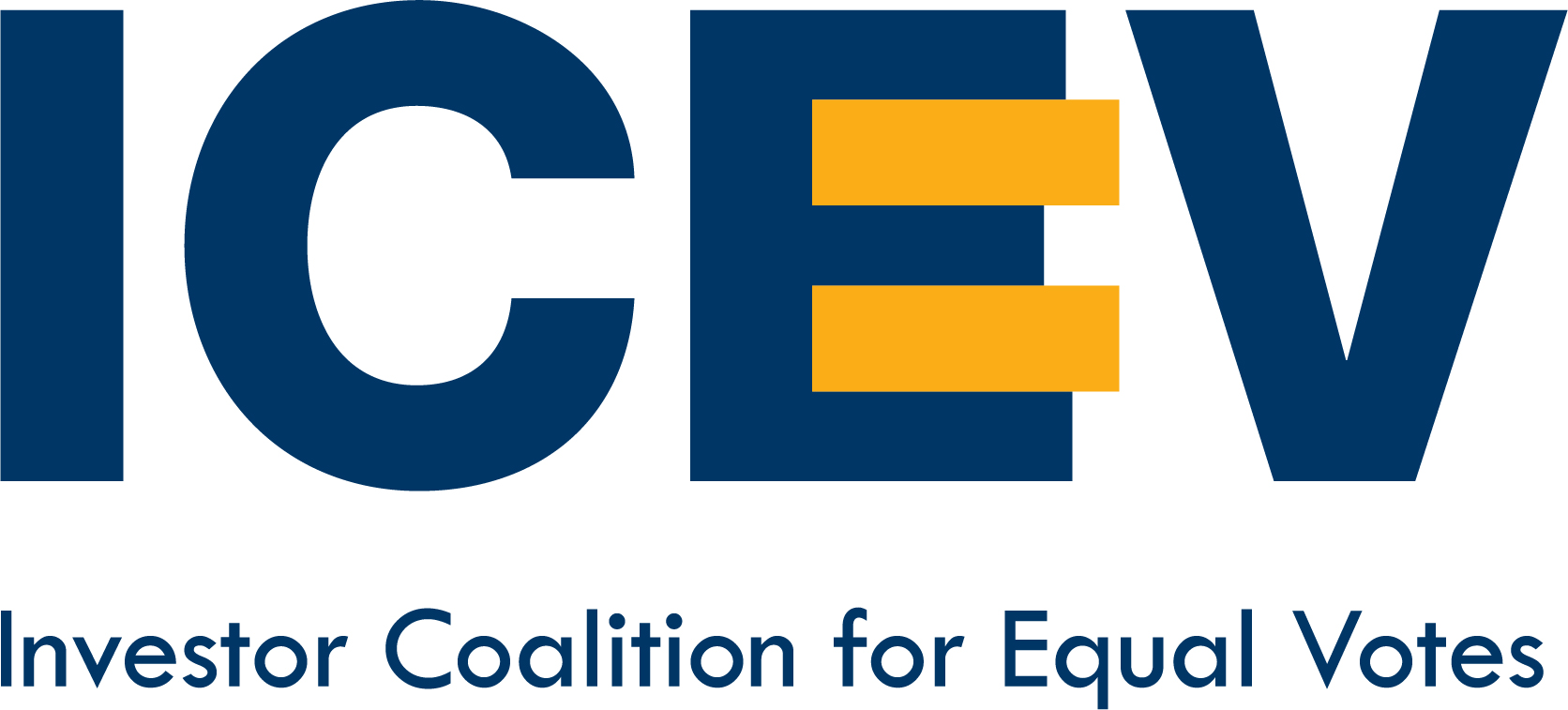£2.5 trillion investor coalition calls for the phase out of unequal voting rights which are harmful to beneficiaries
November 2023 – In a report published today, the $2.5 trillion Investor Coalition for Equal Votes (ICEV), chaired by Railpen and the Council of Institutional Investors (CII), finds that unequal voting rights (also known as dual-class share structures) do not deliver financial advantages over the long-term, confer unjustified privileges to company insiders, and insulate managements and boards from the views of independent investors, all of which can ultimately impact outcomes for beneficiaries.
To minimise the risk of harm to beneficiaries, the research report – Undermining the Shareholder Voice: The Rise and Risks of Unequal Voting Rights – makes recommendations to support the phase out of dual-class share structures. These asks are tailored to different financial market participants, including companies looking towards initial public offering (IPO), company advisers, fellow investors, stock exchanges and index providers, as well as policymakers and regulators.
ICEV’s research, undertaken in partnership with Chronos Sustainability, was prompted by a significant increase in the number and proportion of IPOs that have dual-class share structures. Between 2020 and 2022, over 40% of US tech IPOs used the structures and 20% of US non-tech IPOs – significantly higher levels than historic averages. The report is also published at a time when UK policymakers have proposed weakening the current restrictions on dual-class share structures for companies listing on a new single segment regime in the UK.
Caroline Escott, Chair of ICEV and Senior Investment Manager at Railpen, said: “The right to vote is arguably the most important of all shareholder rights. Dual-class share structures undermine those rights and remove a key accountability mechanism for poorly performing management, making it harder for shareholders to be effective stewards of the companies they own.
“Our report highlights several high-profile cases where dual-class share structures have enabled privileged insiders to manipulate voting outcomes to their own benefit, to the detriment of investors and, ultimately, the beneficiaries whose interests we serve. Instead of taking steps to increase the risk to pension and retail savers by rolling back a vital investor protection, it is crucial that policymakers, and market participants, consider the impact of unequal voting rights from the perspective of both companies and investors alike.”
The coalition recognises that dual-class share structures will take time to be phased out, and may also have some benefits in the very early stages of a company’s existence after a public listing. The report therefore sets out a carefully considered set of recommendations for key market participants over the near-to-medium term.
In addition to asking participants to recognise the findings that dual-class structures are detrimental to both long-term investors and the functioning of capital markets, ICEV calls for sunset clauses and robust investor protections to be put in place for companies looking to list with dual-class structures going forward, or for those who are currently listed with dual-class structures. A more detailed reading of ICEV’s recommendations, broken down by type of market participant can be found below.
Glenn Davis, ICEV Vice-Chair and Deputy Director at CII, said: “Board accountability to companies' owners is the bedrock of high-functioning capital markets. While this principle holds true for the vast majority of public companies, investors are increasingly focused on the minority of where founders' voting rights are vastly disproportionate to their equity stake. This paper highlights reasonable long-term solutions that companies, policymakers and intermediaries are considering.”
Dr Rory Sullivan, CEO of Chronos Sustainability, said: “The research on the financial performance of dual-class shares is clear. Any premium to share price at the IPO tends to be eroded over time. The research evidence suggests that, even at innovative companies where multi-class structures command a value premium at the time of the IPO, the premium dissipates within a few years before turning negative.
“Policymakers need to be aware of the implications of permitting dual-class shares. Because their effect is to limit the influence that long-term investors can exert, the widespread adoption of such structures in a market may limit investors’ ability to engage effectively with these companies, and may limit the willingness of long-term investors to invest in such companies.”
The report was published alongside an Investor statement on unequal voting rights, which is intended to act as a call to action for investors who are concerned about the rise of unequal voting rights and is open to both asset manager and asset owner signatories.
Click below for a full copy of the research report – Undermining the Shareholder Voice: The rise and risks of unequal voting rights
To find out more about ICEV, visit the Coalition’s current web page on Railpen’s website


 @railpen
@railpen
 /railpen
/railpen